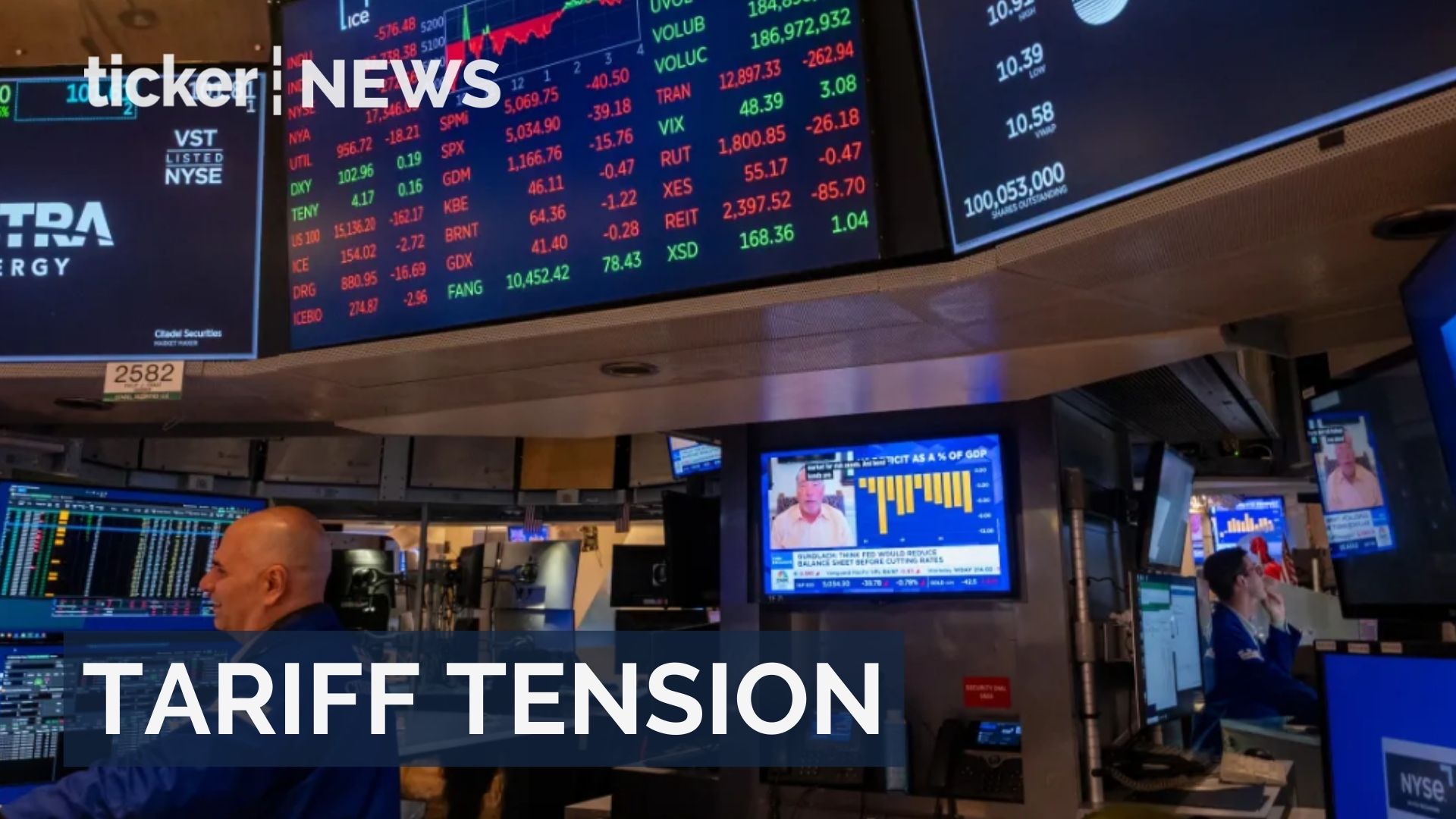Money
The marketplace for all your bonds needs
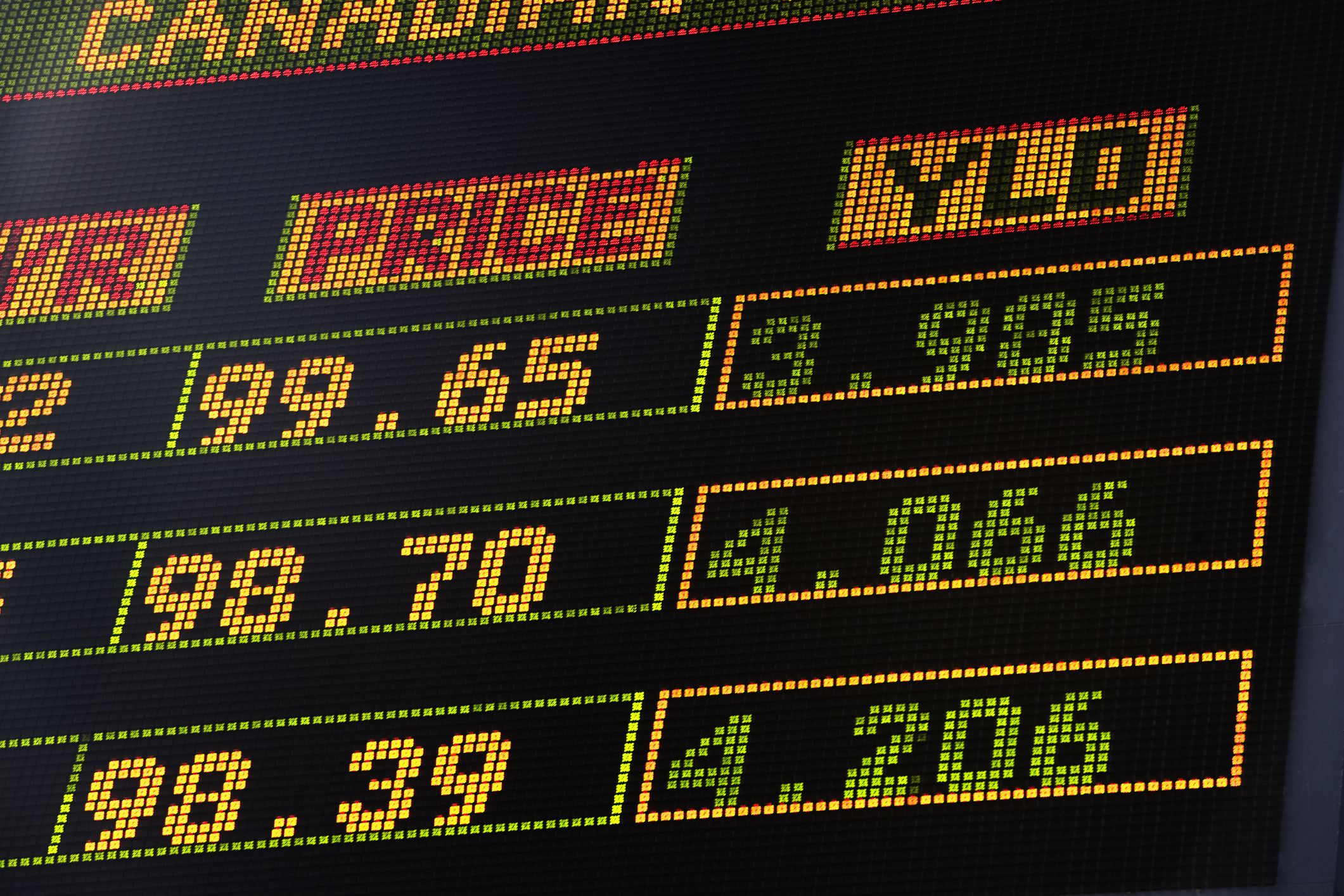
Money
Australia’s inflation report and Nvidia earnings impact explained
Australia’s inflation report sparks market shifts, influencing interest rates, the Aussie dollar, and investor sentiment amid Nvidia’s earnings.
Money
U.S. stocks rally as AMD, Home Depot, and AI software lead gains
U.S. equities rose as AI disruption fears eased, with Home Depot, AMD, and DocuSign driving tech stock gains.
Money
Stocks tumble amid AI concerns and Trump tariff update
Dow drops 800+ points as AI and trade worries hit tech and retail stocks; bonds rise amid market volatility.
-



 Money2 days ago
Money2 days agoAustralia’s inflation report and Nvidia earnings impact explained
-

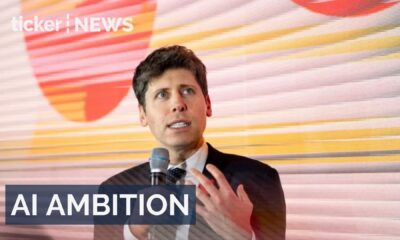

 Tech3 days ago
Tech3 days agoOpenAI moves to replace software giants with AI products
-



 Tech21 hours ago
Tech21 hours agoMeta launches lawsuits over alleged scam advertising operations
-

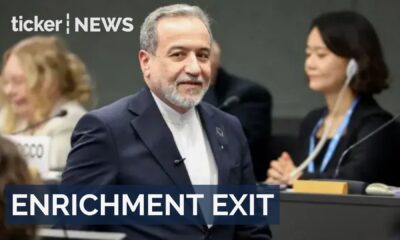

 News5 days ago
News5 days agoIran signals nuclear concessions as U.S. talks intensify
-



 Money5 days ago
Money5 days agoU.S. investors flee stock market for global opportunities
-



 Tech4 days ago
Tech4 days agoAnthropic CEO holds key Pentagon talks on AI ethics and military use
-



 Tech5 days ago
Tech5 days agoApple’s next AI wearables could change how we use tech
-

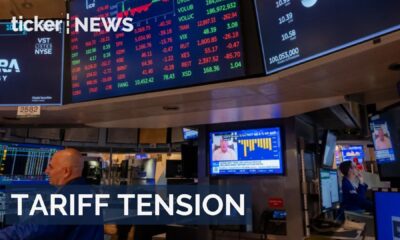

 Money4 days ago
Money4 days agoStocks tumble amid AI concerns and Trump tariff update







